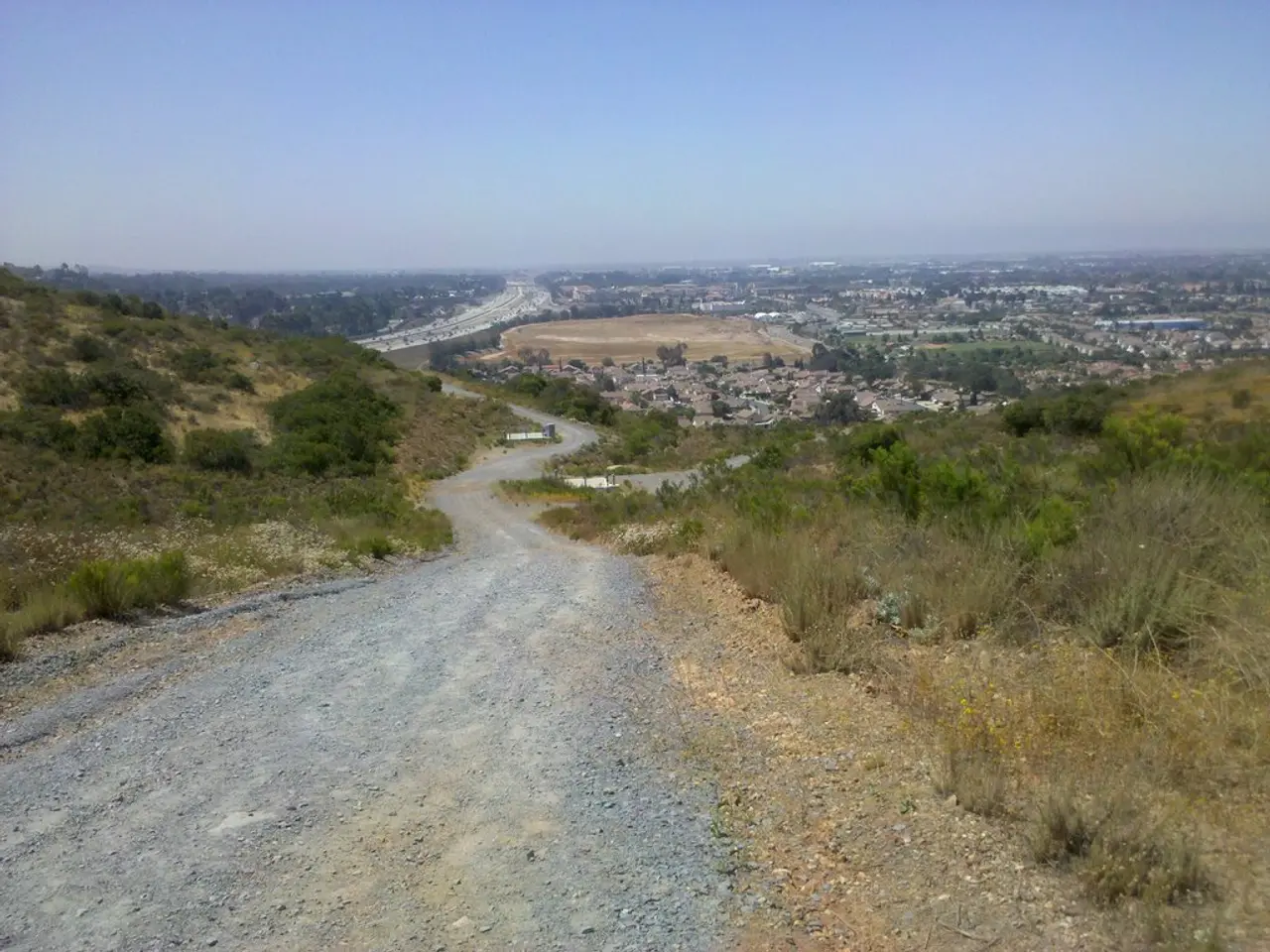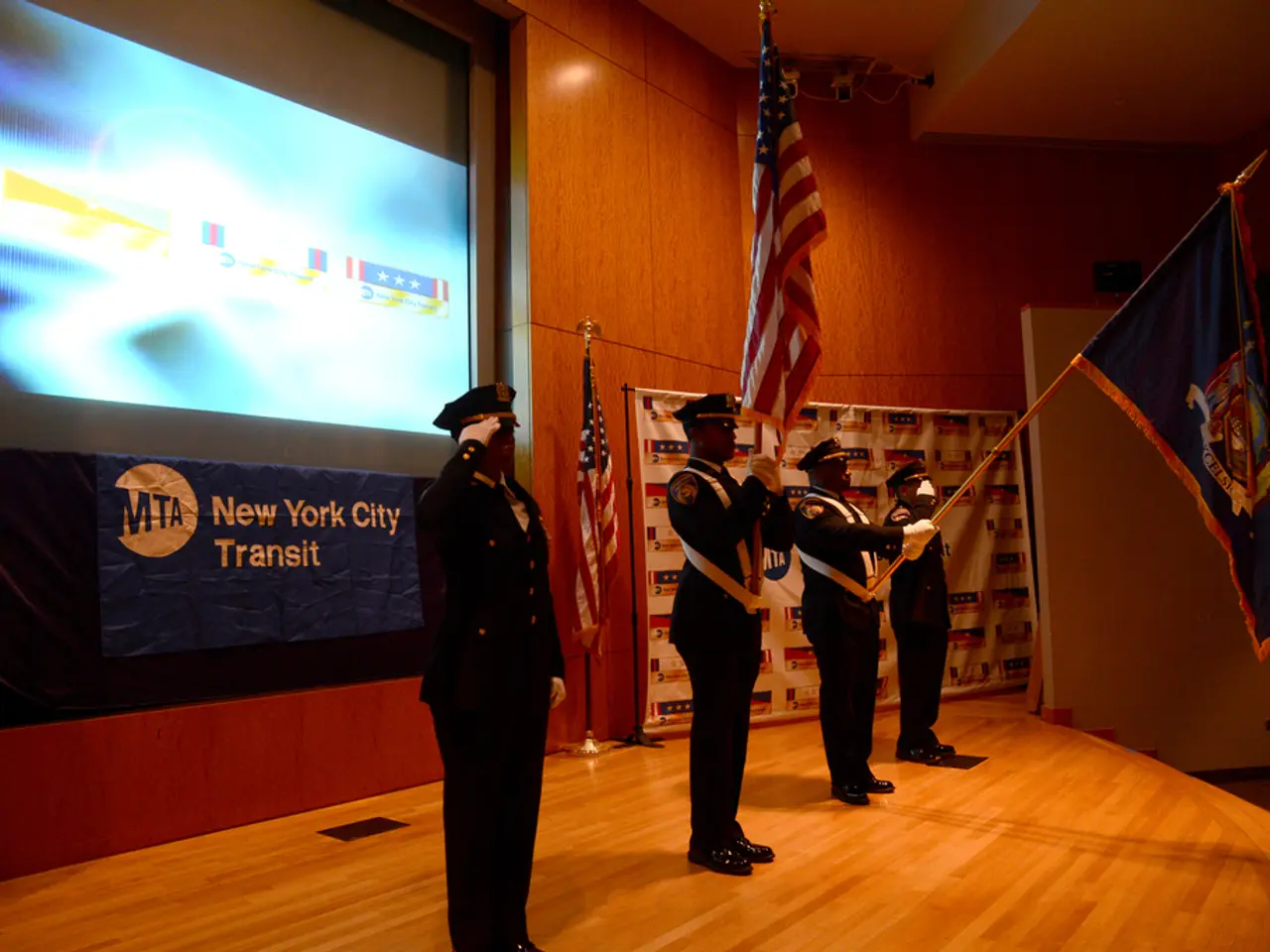Critics strongly denounce Atwoli for advocating for abolition of Nairobi National Park.
In the heart of Kenya's bustling capital city, Nairobi National Park stands as a testament to the harmonious coexistence of urban development and nature conservation. Established in 1946, this unique national park has been instrumental in keeping Nairobi at the top of global rankings for travel destinations and plays a significant role in maintaining the city's status as a premier travel destination.
However, recent proposals to scrap the park for urban development have sparked concern among conservationists, who warn of profound ecological and economic consequences.
The park serves as a critical green lung for Nairobi, absorbing carbon dioxide, mitigating air pollution, and helping regulate the local climate amidst rapid urban sprawl. It is home to over 100 mammal species, including lions, leopards, buffaloes, and endangered black rhinos, and over 500 bird species, supporting biodiversity that would be disrupted or lost if the park were dissolved. The destruction of the park would lead to fragmented ecosystems, biodiversity decline, and irreversible environmental devastation.
Moreover, relocating wildlife to Maasai Mara, as proposed, would pose huge logistical challenges, risk high mortality among animals, and may overwhelm Maasai Mara's ecological capacity. The park's ecosystems maintain important food chains and natural habitats for endangered species; destroying it would be detrimental to their survival.
Beyond economics and ecology, the park holds cultural and spiritual significance for many Nairobi residents, offering emotional sanctuary and a connection to nature within the urban environment. Its loss could also damage Nairobi's tourism appeal and economy.
The park is a cornerstone of Kenya’s tourism industry and a unique attraction as the only national park within a capital city globally. Its loss could undermine conservation commitments and remove a key asset that supports sustainable urban growth.
Conservation groups, including Friends of Nairobi National Park (FoNNaP), have opposed the proposal, stating it undermines the park's enormous value and contradicts the government's conservation commitments. Dr. Matiku, the Director of Nature Kenya, has advocated for a renewed, unwavering commitment to safeguarding and enhancing Nairobi's natural heritage.
Dr. Matiku emphasises the park's wilderness within a city is an asset beyond measure, making Nairobi famous worldwide and providing fresh air, relaxation, and learning to Nairobians. Visitors can see unique wildlife species like rhinos, lions, and giraffes in Nairobi National Park, which is often called 'The World's only Wildlife Capital' due to its unique status as a national park within the city's boundaries.
As leaders at all levels of government consider the proposal, conservationists urge an unequivocal rejection of any plans that threaten Nairobi National Park's integrity. The green spaces in Nairobi, including Nairobi National Park, Karura Forest, Ngong Road Forest, City Park, and the Arboretum, are essential for public health, mental well-being, environmental stability, and disaster mitigation.
In summary, scrapping Nairobi National Park would lead to profound ecological damage, loss of biodiversity, increased carbon emissions, disruption of wildlife habitats, and weakening of Nairobi's tourism economy and international reputation. Conservation groups firmly oppose the proposal, warning that the park is indispensable for Nairobi’s sustainable future and natural heritage.
- The impact of scraping Nairobi National Park extends beyond economics, as it poses a significant threat to public health, mental well-being, and environmental stability.
- The park's destruction would lead to increased carbon emissions, exacerbating climate-change issues and contributing to global warming.
- In addition to its role as a critical green lung for Nairobi, Nairobi National Park also supports environmental science by offering opportunities for research and study in the field of environmental science.
- The unique status of Nairobi National Park as a national park within a capital city makes it a significant attraction, not just for general news, but also for sports enthusiasts, as it offers a rare chance to watch basketball games amidst wildlife in the NCAAs.
- The park's loss could also have implications for politics and legislation, as it serves as a symbol of environmental conservation and sustainable urban growth, which are key priorities in policy and legislation worldwide.
- Another concern is the potential impact on crime and justice, as the loss of green spaces in urban areas has been linked to increased crime rates and decreased community safety.
- Lastly, the proposed scrapping of Nairobi National Park raises questions about war and conflicts, as the destruction of natural habitats could lead to displacement and conflict among wildlife and local communities.






